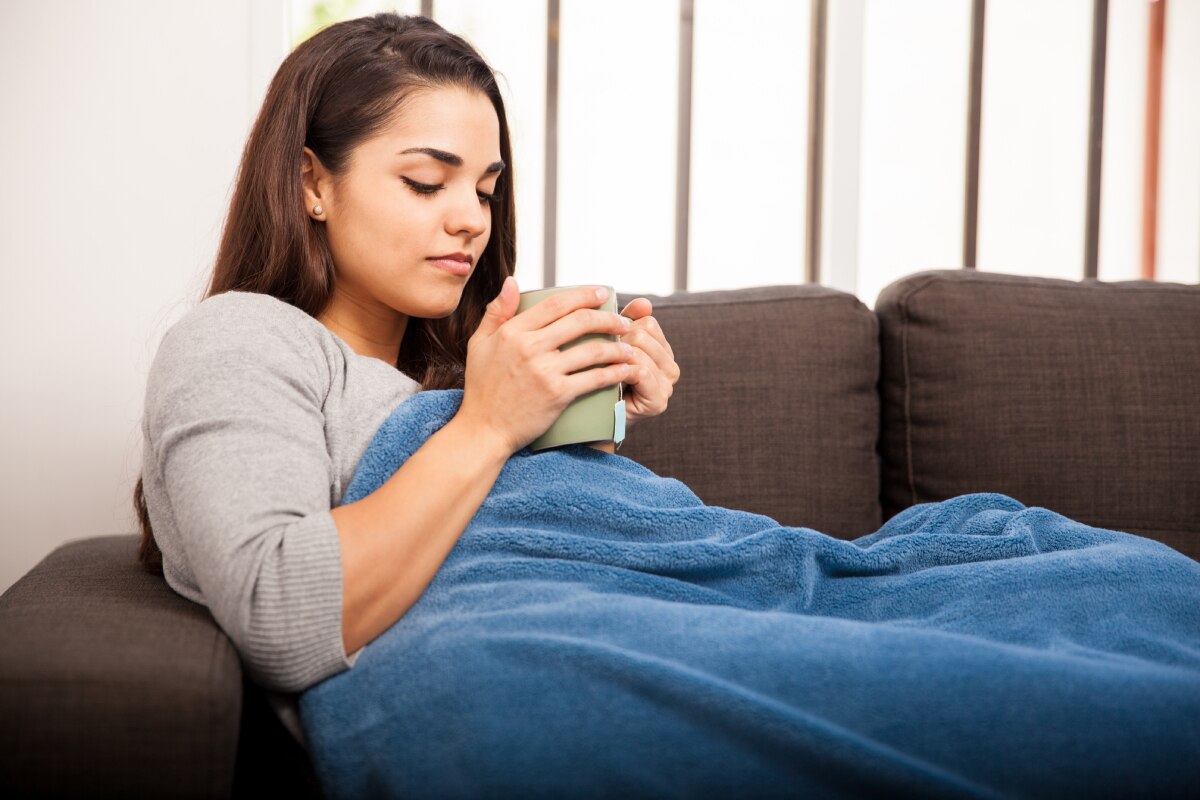Treatment of Diarrhea
In this section:
- How can I treat acute diarrhea at home?
- How can I treat my child’s acute diarrhea at home?
- How do doctors treat diarrhea?
- How can I prevent diarrhea?
How can I treat acute diarrhea at home?
In most cases, you can treat acute diarrhea at home, without medical treatment.
Hydrate and replace electrolytes
When you have diarrhea, you need to replace lost fluids and electrolytes to stay hydrated. Drink plenty of water and liquids that contain electrolytes, such as broths and sports drinks. You can also drink oral rehydration solutions, liquids that contain glucose and electrolytes. You can make rehydration solutions at home or buy them from a store that sells medicines or baby supplies.
Older adults; people with a weak immune system; and people who have diabetes, kidney disease, or other health conditions should talk with their doctor before drinking oral rehydration solutions. There may be specific solutions or amounts of liquid that would work best for you.
When you have diarrhea, you may lose your appetite for a short time. When your appetite returns, you can most often go back to eating your normal diet, even if you still have diarrhea.
Antidiarrheal medicine
In most cases, you can safely treat acute diarrhea with over-the-counter medicines such as loperamide and bismuth subsalicylate. Doctors typically recommend against over-the-counter medicines for infants, children, or people who have bloody stools or fever.
See a doctor if your diarrhea gets worse or lasts more than 2 days while taking over-the-counter medicine.
 In most cases, you can treat acute diarrhea by staying hydrated.
In most cases, you can treat acute diarrhea by staying hydrated.
How can I treat my child’s acute diarrhea at home?
If your child has diarrhea, talk with their doctor for advice.
It’s important for children to stay hydrated when they have diarrhea. They should drink plenty of water, as well as oral rehydration solutions, broths, and sports drinks. Infants should drink breast milk or formula as usual. Talk with a doctor before giving oral rehydration solutions to your infant.
Doctors typically recommend against giving infants, toddlers, and young children over-the-counter medicines to treat diarrhea.
How do doctors treat diarrhea?
Most cases of acute diarrhea go away on their own. However, doctors may use a combination of tools to treat diarrhea in some people.
Hydration
If you are severely dehydrated, your doctor may recommend you receive intravenous (IV) fluids. Doctors may need to treat people with severe dehydration in a hospital. If you aren’t severely dehydrated, your doctor may recommend staying hydrated and replacing electrolytes at home.
Medicines
Antibiotics or other medicines may help people with some digestive tract infections. Doctors may also prescribe medicines to treat conditions that cause chronic diarrhea, such as Crohn’s disease, irritable bowel syndrome, or ulcerative colitis.
Diet changes
Chronic diarrhea caused by a food allergy or intolerance can be treated by avoiding foods and drinks that trigger the reaction. Doctors may suggest tracking what you eat and drink, as well as your bowel habits, to find out what may be causing diarrhea.
Probiotic supplements
Probiotics are live microorganisms—most often bacteria—that are like the ones you have in your digestive tract. Researchers are still studying the use of probiotics to treat diarrhea. However, many doctors and professional societies don’t believe that the evidence supports their use in treating or preventing diarrhea.6
For safety reasons, talk with your doctor before using probiotics or any other complementary or alternative medicines or practices.
How can I prevent diarrhea?
You can take steps to lower your risk of getting diarrhea, such as washing your hands, avoiding contaminated foods and drinks, and getting vaccinated against certain viruses.
Wash your hands
Washing your hands can lower your chances of getting or spreading infections that can cause diarrhea. Wash your hands thoroughly with soap and water for at least 20 seconds7
- after using the bathroom
- after changing diapers
- before and after handling or preparing food
- before and after caring for someone with diarrhea
- after handling garbage
If you don’t have soap and water available, use a hand sanitizer that is at least 60% alcohol.7
Keep foods and drinks safe
Protect yourself against food poisoning by keeping foods and drinks safe. Properly storing, cooking, cleaning, and handling foods can help lower your chances of getting sick.
When traveling to areas with limited sanitation and water filtration systems, only
- drink bottled water and use it to make ice, prepare foods, and brush your teeth
- consume drinks that are in factory-sealed containers
- eat meat, fish, or shellfish if they’ve been cooked to a safe temperature and are served hot
- eat raw vegetables and raw fruits if they’ve been washed in clean water or are peeled
Vaccinate infants to prevent rotavirus infection
Two oral vaccines are approved to protect children from rotavirus, a virus that causes viral gastroenteritis. Doctors usually give infants the vaccines in either two or three doses.
For the rotavirus vaccine to be effective, infants should receive all doses by age 8 months. Infants age 15 weeks or older who have never received the rotavirus vaccine should not start the series.8
References
This content is provided as a service of the National Institute of Diabetes and Digestive and Kidney Diseases
(NIDDK), part of the National Institutes of Health. NIDDK translates and disseminates research findings to increase knowledge and understanding about health and disease among patients, health professionals, and the public. Content produced by NIDDK is carefully reviewed by NIDDK scientists and other experts.

